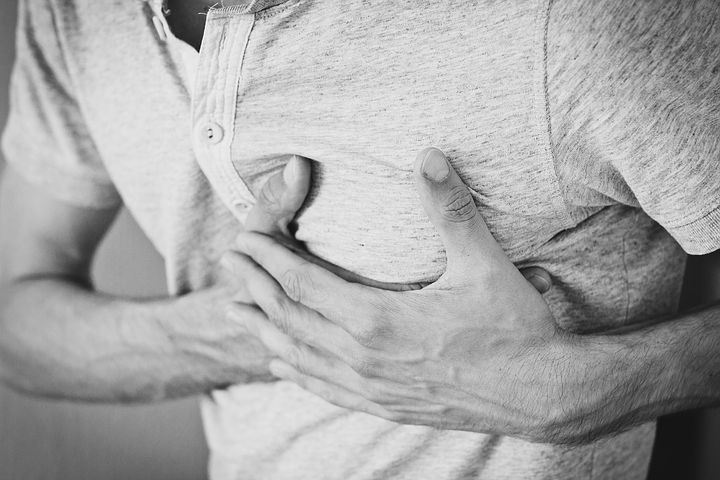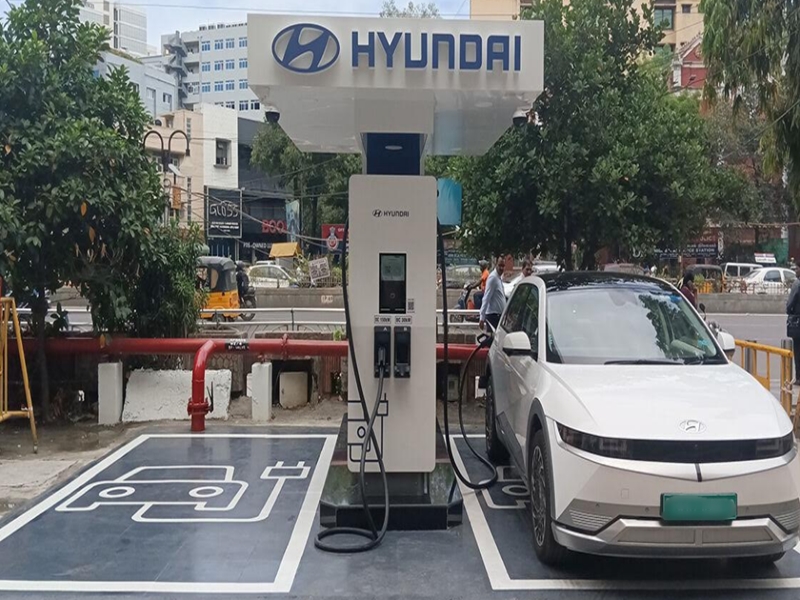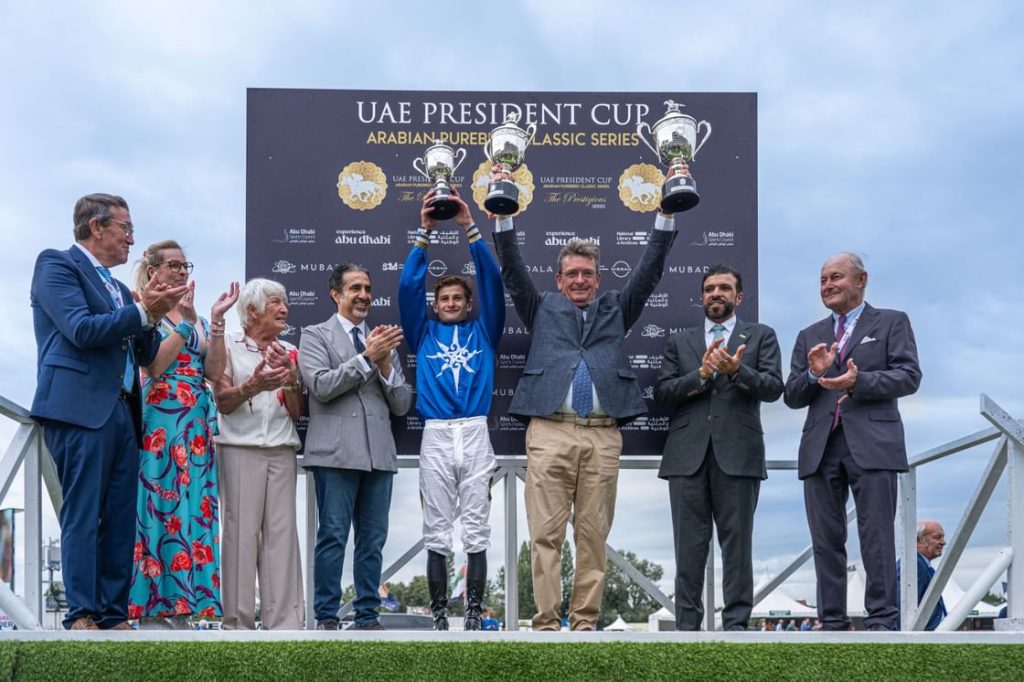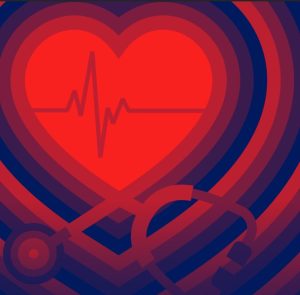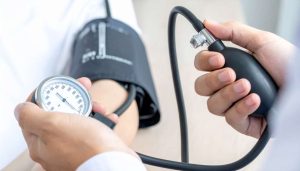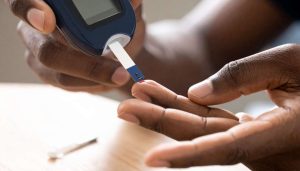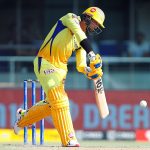The surgeon leaves behind his wife and a young son. Colleagues and medical professionals across India have expressed their grief and concern, while the tragedy has reignited debate over the pressures faced by healthcare workers
A 39-year-old cardiac surgeon died of a sudden heart attack on Wednesday while conducting his routine morning ward rounds at Saveetha Medical Hospital in Chennai. The doctor, identified as Dr Gradlin Roy, collapsed unexpectedly in front of colleagues and patients, despite immediate and prolonged efforts to revive him.
Fellow doctors at the hospital rushed to his aid, initiating a series of emergency procedures in an attempt to save his life. Dr Sudhir Kumar, a Hyderabad-based neurologist who later shared details of the incident on social media, explained that the medical team spared no effort. “Colleagues fought valiantly — CPR, urgent angioplasty with stenting, intra-aortic balloon pump, even ECMO. But nothing could reverse the damage from a massive cardiac arrest due to a 100% left main artery blockage,” he wrote.
Dr Roy’s sudden death has shocked the medical community and drawn attention to an unsettling pattern: the rising incidence of cardiac events among young doctors in their 30s and 40s. Dr Kumar described the irony as “stark”, noting that those devoted to protecting patients’ hearts often fail to prioritise their own.
The surgeon leaves behind his wife and a young son. Colleagues and medical professionals across India have expressed their grief and concern, while the tragedy has reignited debate over the pressures faced by healthcare workers.
According to Dr Kumar, a combination of lifestyle and occupational factors contributes to doctors’ heightened vulnerability. Stress, sedentary habits, erratic schedules and poor dietary choices all play a role. He highlighted the impact of long working hours, frequent night shifts and chronic sleep deprivation, which disrupt circadian rhythms and increase cardiovascular strain.
Doctors, he added, face intense decision fatigue and relentless pressures from patients, families and medicolegal obligations. Many spend long hours standing in operating theatres or seated in clinics, with little opportunity for regular physical activity. In addition, irregular meals, dependence on canteen food and heavy reliance on caffeine are common features of hospital life.
“Many doctors neglect preventive care by postponing their own health check-ups and ignoring early warning signs,” Dr Kumar observed. The psychological toll is also severe, with burnout, depression and emotional exhaustion contributing further to heart disease risk. In some cases, smoking and alcohol consumption exacerbate the danger.
The incident echoes concerns raised by senior cardiac surgeon Dr V.V. Bashi, who has warned of a surge in sudden cardiac deaths among young Indians. He pointed to early-onset diabetes, rising obesity, high-fat diets and uncontrolled hypertension as key drivers, alongside increasingly sedentary lifestyles.
Dr Bashi also cautioned against assuming fitness offers immunity. Several cases in recent months have seen seemingly healthy individuals collapse during workouts at gyms. He attributed these tragedies to hidden cardiac conditions, overexertion and the dismissal of early warning signs such as fatigue, breathlessness or mild chest discomfort.
Dr Roy’s death has not only left a personal void for his family but also sparked renewed calls for doctors to safeguard their own health with the same vigilance they extend to their patients.

